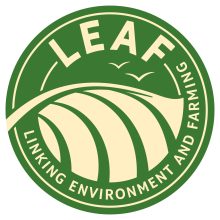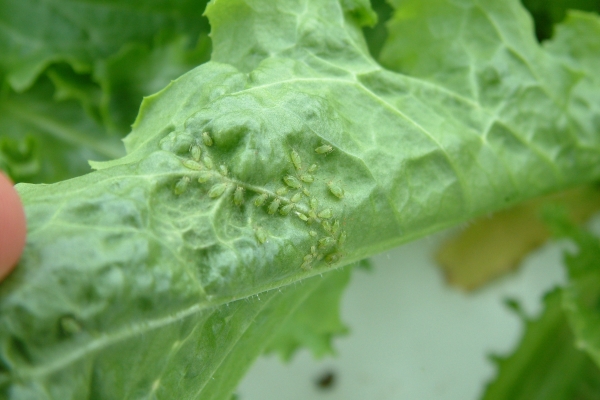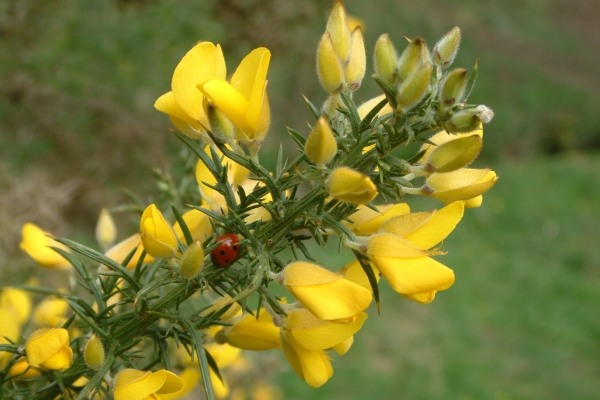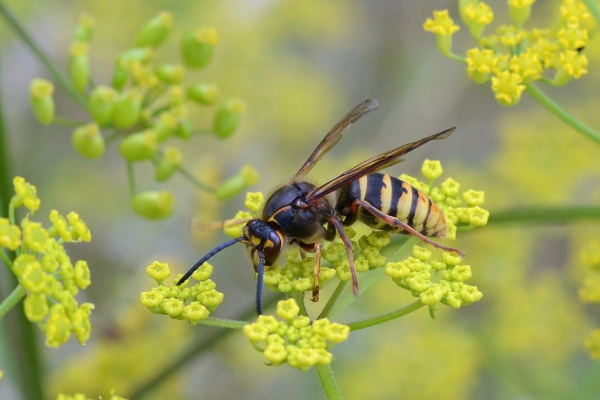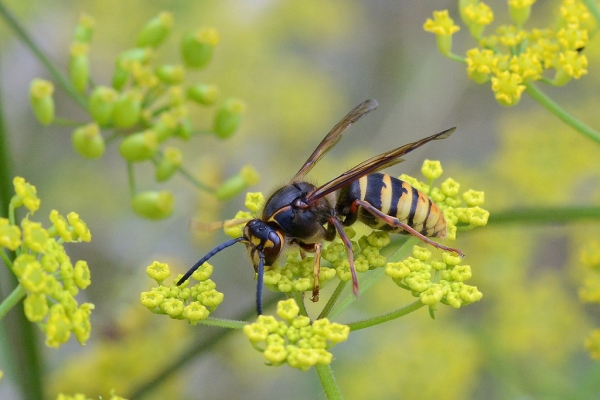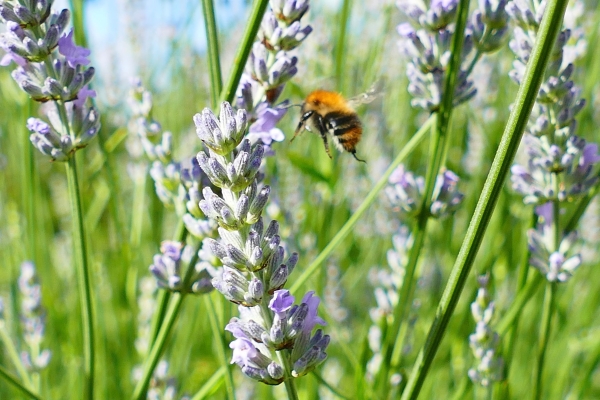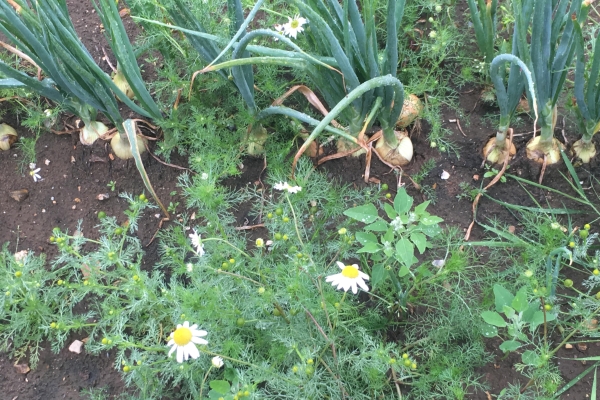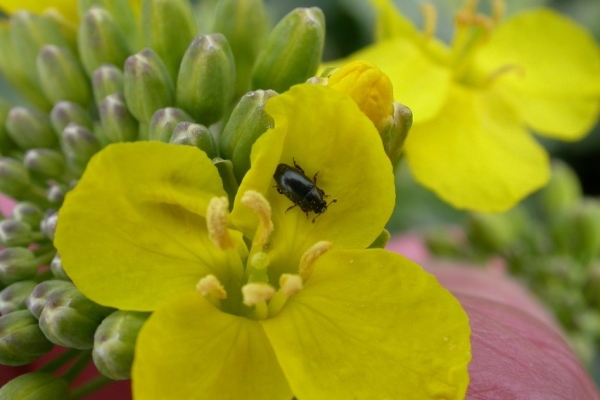Integrated Pest Management
Promoting healthy crop growth on farm
Resource explained
Farmers in the UK are required to demonstrate that they are carrying out Integrated Pest Management (IPM) on farm as part of EU regulations (Sustainable Use Directive for pesticides). This five and a half minute video produced by LEAF promotes and explains the use of IPM in helping to achieve healthy crop growth on farms. The narrator takes us through the combination of IPM techniques and strategies that can be used by farmers to help manage and control pests. They are divided in to eight key areas: prevention (i.e. use of cover crops), crop monitoring, thresholds (ensuring actions are targeted at the right levels for the right pests), use of non-chemical methods (i.e. biological control), pesticide selection and reduced use (ensuring minimal side effects), pest resistance, and evaluation (of the overall success of the IPM strategy).
Findings & recommendations
- There is an urgent need for chemical pest control methods and crop production techniques in the UK to become more sustainable, whilst increasing food production.
- The video highlights that an estimated 20-40% of potential food production is lost every year due to pests and diseases, which amounts to an estimated loss of £4 billion. It is therefore vitally important for farmers to use an Integrated Farm Management approach, and IPM plays an important part in this.
- Adopting IPM strategies will help you to make informed decisions and carry out the right actions.
- Taking actions to prevent and suppress pests should be the first step. This can only be done alongside regular crop monitoring and is reliant on you being aware of the interrelationship of various pests and predators and of nesting and feeding habitats.
- Crop rotation is a vital practice as it helps to ensure that soil borne pathogens do not accumulate in the soil.
- Chemical methods of control should only be used when other options have been considered and if used should be as targeted as possible.
- There are various farm management tools that can help you ensure that you are meeting EU regulations.

